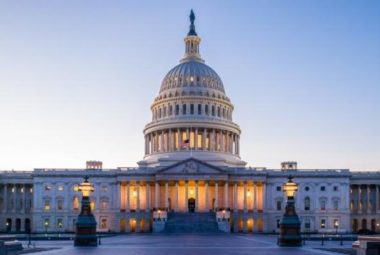In the final days of 2019, sweeping legislative tax and retirement reforms under the SECURE Act made their way through the House and Senate to became law beginning in 2020. While there are certainly details to be worked out, there are a few highlights we want to share with you and how they might affect your planning.
1. Elimination of the so called “stretch” provision for most non-spouse beneficiaries. The new law requires most non-spouse beneficiaries to empty any inherited IRA account within 10 years of the owner’s passing. This allows for some flexibility on the timing and amount of withdrawals, but the account must be depleted by the end of the 10th year. If the original owner had an IRA with a trust as the beneficiary, we highly recommend reviewing this with your attorney for any specific implications.
a. Individuals who are NOT subject to the SECURE Act’s 10-year period:
-
-
-
- Spousal beneficiaries;
- Disabled beneficiaries (as defined by IRC Section 72(m)(7));
- Chronically ill beneficiaries (as defined by IRC Section 7702B(c)(2), with limited exception);
- Individuals who are not more than 10 years younger than the decedent; and
- Certain minor children (of the original retirement account owner), but only until they reach the age of majority.
-
-
2. Age for initiating Required Minimum Distributions (RMDs) increased from 70 ½ to 72. If you are in that small window where you are over 70 ½ (and less than 72) but have not yet taken an RMD, you are still required to take an RMD. Once RMD’s have begun, they cannot be stopped or suspended.
3. If you have earned income and are over the age of 72 you can now contribute to an IRA. The point of emphasis is earned income.
4. Qualified Charitable Distributions (QCDs) from an IRA can still start the year you turn 70 ½. As most things that happen in Washington, this keeps us on our toes. Distributions to charities between 70½ and 72 will not count as RMDs, but it will decrease the balance of the IRA account, thereby reducing eventual RMD amounts beginning at 72.
5. Other various provisions include: A $5,000 penalty-free distribution for adoption, various 401(k) provisions for small businesses and annuities inside of company plans, changes to the kiddie tax, a $10,000 penalty-free distribution from a 529 plan for student loans, and tax extenders for mortgage insurance and higher education tuition and fees deduction.
We recommend consulting your CPA, attorney, and Tealwood advisor as part of your holistic financial team approach to keep everyone on the same page. This is certainly one of those years to gather at the table and discuss whether you are affected by these changes.


